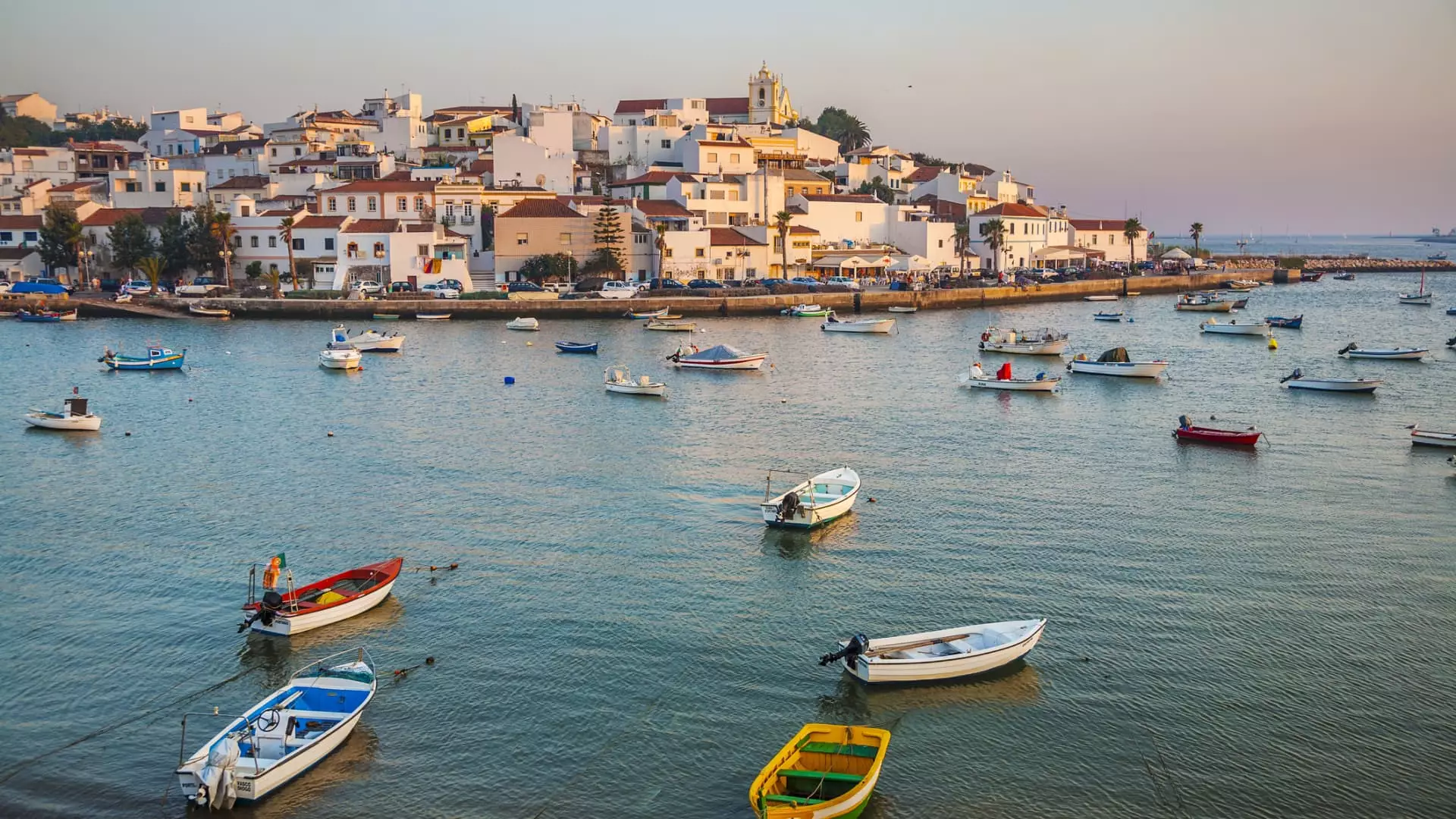In the current political climate of the United States, an increasing number of affluent Americans are contemplating or actively pursuing options to relocate abroad. This shift is not merely a fleeting thought; it reflects a substantive trend exacerbated by the uncertainty surrounding the upcoming electoral cycle. According to immigration attorneys and advisors serving high-net-worth individuals, there has been an unprecedented surge in interest concerning foreign residency and citizenship applications among the wealthy. The psychological weight of the upcoming election, combined with a myriad of social factors, has motivated numerous individuals to re-evaluate their futures outside U.S. borders.
The heightened concern stems from a combination of political tensions, perceived risks of unrest, and even concerns over personal safety, prompting many to take proactive measures. As discussions intensify about potential outcomes of the election, wealth management firms are reporting significant increases in inquiries regarding second passports and residency opportunities in other nations. The demand is so pronounced that private client advisors are noting that Americans now represent a substantial portion—up to 20%—of their client base, surpassing even the interest from other nationalities.
Historically, affluent individuals have sought out international relocation predominantly for tax benefits or retirement in more hospitable climates. However, the current wave of relocation plans signifies a deeper, more complex rationale. A recent survey by Arton Capital highlights that over half of American millionaires are considering relocating after the election, with younger generations—particularly those aged 18 to 29—showing especially high interest in residency-by-investment programs, commonly referred to as “golden visas.”
The fear of shifting social dynamics and escalating political discord has pushed the anxiety-stricken 1% to diversify their life portfolios, akin to how they would protect their financial investments. The concept of a “passport portfolio” has emerged; this is where the ultra-wealthy hedge their geopolitical risks by holding multiple citizenships or residency rights as a safeguard against unforeseen challenges back home.
Political apprehensions are not unfounded. Recent discourse has raised concerns about potential violence post-election, and the implications of proposed tax reforms, particularly those targeting significant assets, have stoked fears amongst prospective expatriates. Wealth management and immigration advisors have noted a marked pivot in client inquiries, shifting from tax optimization towards safeguarding against social unrest and perceived deteriorating security conditions.
A notable sentiment expressed by clients reveals their fears surrounding life in a “MAGA America” or the ramifications of potential political violence, whichever side prevails in the election. Concerns are also tied to social justice issues, rising antisemitism, and increased unrest, which have become particularly relevant in the contemporary context. Furthermore, ongoing issues regarding government debt have added to the unease, pushing individuals to contemplate a more stable existence outside their homeland.
In terms of popular international destinations, Europe remains a favored choice among Americans seeking new beginnings. Nations like Portugal, Spain, and Greece top the list for those acquiring residency or second citizenships. The reality, however, is that these coveted paths to residency come with evolving rules and regulations.
In recent times, several European governments have initiated stricter measures regarding golden visa programs due to rising property prices and local pushback against foreign investment. For instance, policy shifts in Portugal have made it more challenging for foreigners to invest in certain regions, affecting the previous allure of obtaining citizenship through property ownership. Italy has similarly increased tax burdens on wealthy newcomers, reflecting a growing weariness with the influx of foreign capital.
Malta currently holds a leading position as a prime destination for American wealth seeking second citizenship, despite changes within its investment programs facing scrutiny from the European Union. On the other hand, Caribbean nations such as Antigua and St. Lucia have emerged as enticing alternatives for swift citizenship through real estate investment, providing an appealing solution for those motivated by freedom of travel and decreased bureaucratic hurdles.
Moreover, many Americans with ancestral ties to countries like Ireland or Italy may explore cheaper alternatives through lineage-based citizenship, further broadening their options. Despite the growing interest, applicants must be prepared for potential delays in processing times—all of which are compounded by last-minute influxes of new requests stemming from the political environment.
As the election approaches, the landscape of global migration for wealthy Americans is poised at a critical juncture. The interplay between politics and personal safety has catalyzed a movement of high-net-worth individuals looking to secure their futures beyond their national borders. With escalating concerns surrounding safety, political violence, and economic instability, the act of relocating for peace of mind is more than just a trend; it symbolizes a profound shift in how the wealthy view their citizenship and residency in a rapidly changing world. The coming months may well reveal further insights into this migration wave and its implications for both the individuals and the countries they are eyeing for relocation.

